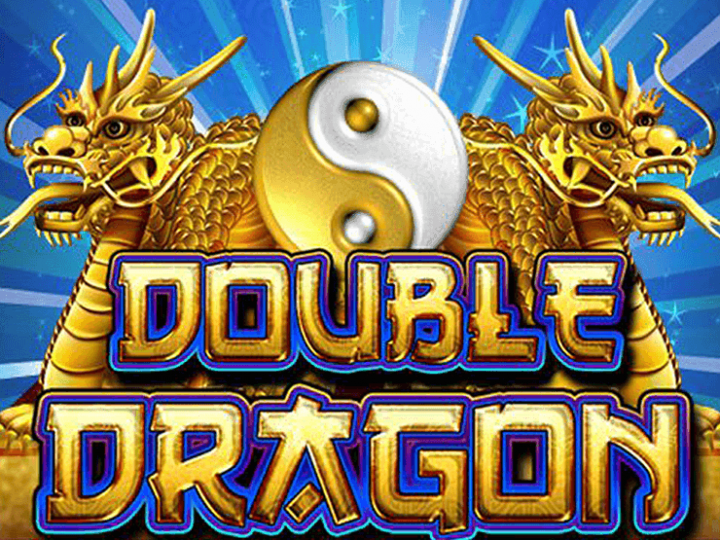Casinos have long captivated the imagination of many, combining the thrill of gambling with entertainment, dining, and social interaction. They serve as both a refuge for those seeking excitement and a cultural phenomenon that reflects society’s evolving relationship with chance and risk. This article delves into the history of sawer4d, explores popular games, and examines their impact on culture and society.
A Brief History of Casinos
The origins of gambling can be traced back to ancient civilizations, where games of chance were played in various forms. The word “casino” itself is derived from the Italian term meaning “little house,” indicating a place for entertainment. The first recognized casino, the Ridotto, was established in Venice in 1638, offering a structured environment for gambling.
As gambling spread across Europe, the first dedicated casino building was constructed in 1837 in Baden-Baden, Germany, signaling the emergence of casinos as a prominent feature of leisure culture. The Monte Carlo Casino, opened in 1863, solidified the image of casinos as luxurious destinations associated with wealth and glamour.
In the 20th century, Las Vegas emerged as the gambling capital of the world, transforming the casino experience into a multi-billion-dollar industry characterized by extravagant resorts and entertainment. The legalization of gambling in various states across the U.S. and countries worldwide further popularized casinos, leading to a global boom.
Popular Casino Games
Casinos offer a vast array of games that cater to all types of players, from beginners to high rollers. Here are some of the most popular games:
- Slot Machines: Known for their simplicity and variety, slot machines attract players with colorful themes and enticing jackpots. They operate on a random number generator (RNG) system, making every spin independent and unpredictable.
- Blackjack: Often referred to as “21,” blackjack combines strategy with chance. Players aim to beat the dealer by achieving a hand value closer to 21 without going over. The game’s blend of skill and luck makes it a favorite among players.
- Roulette: This classic game features a spinning wheel and a ball. Players bet on where the ball will land, with options including specific numbers, colors, or odd/even outcomes. The suspense of watching the ball bounce around the wheel adds to the excitement.
- Poker: A game of skill and strategy, poker has gained immense popularity through various formats, including Texas Hold’em and Omaha. Players compete against each other rather than the house, making it a social and competitive experience.
- Craps: This lively dice game is known for its energetic atmosphere. Players bet on the outcome of the roll or a series of rolls, making it a favorite for those who enjoy social interactions and the thrill of the dice.
The Cultural Impact of Casinos
Casinos have significantly influenced popular culture, appearing in films, literature, and music. Movies like “Casino Royale,” “Ocean’s Eleven,” and “The Hangover” showcase the allure and drama of gambling, contributing to the mystique surrounding casinos. These portrayals often glamorize the lifestyle of gamblers, leading to a fascination with the high-stakes world of chance.
Furthermore, casinos have become cultural landmarks, with iconic establishments like the Bellagio in Las Vegas or the Casino de Monte-Carlo representing luxury and extravagance. They host world-class entertainment, including concerts, shows, and events, further solidifying their status as premier destinations for leisure and tourism.
The Future of Casinos
As technology advances, the casino landscape is evolving. The rise of online gambling has revolutionized the industry, allowing players to enjoy their favorite games from the comfort of their homes. Virtual and augmented reality technologies are also making their way into casinos, enhancing the gaming experience and attracting a younger demographic.
However, with these advancements come concerns regarding responsible gambling and addiction. Many casinos are implementing measures to promote responsible gaming, including self-exclusion programs and resources for players who may need assistance.
Conclusion
Casinos represent a unique blend of history, entertainment, and culture. From their humble beginnings to their status as global phenomena, they continue to evolve while captivating millions around the world. As we look to the future, the interplay between tradition and innovation will undoubtedly shape the next chapter in the fascinating world of casinos. Whether through the thrill of a spinning roulette wheel or the strategy of a poker game, the allure of chance remains a powerful draw for those seeking excitement and adventure.
